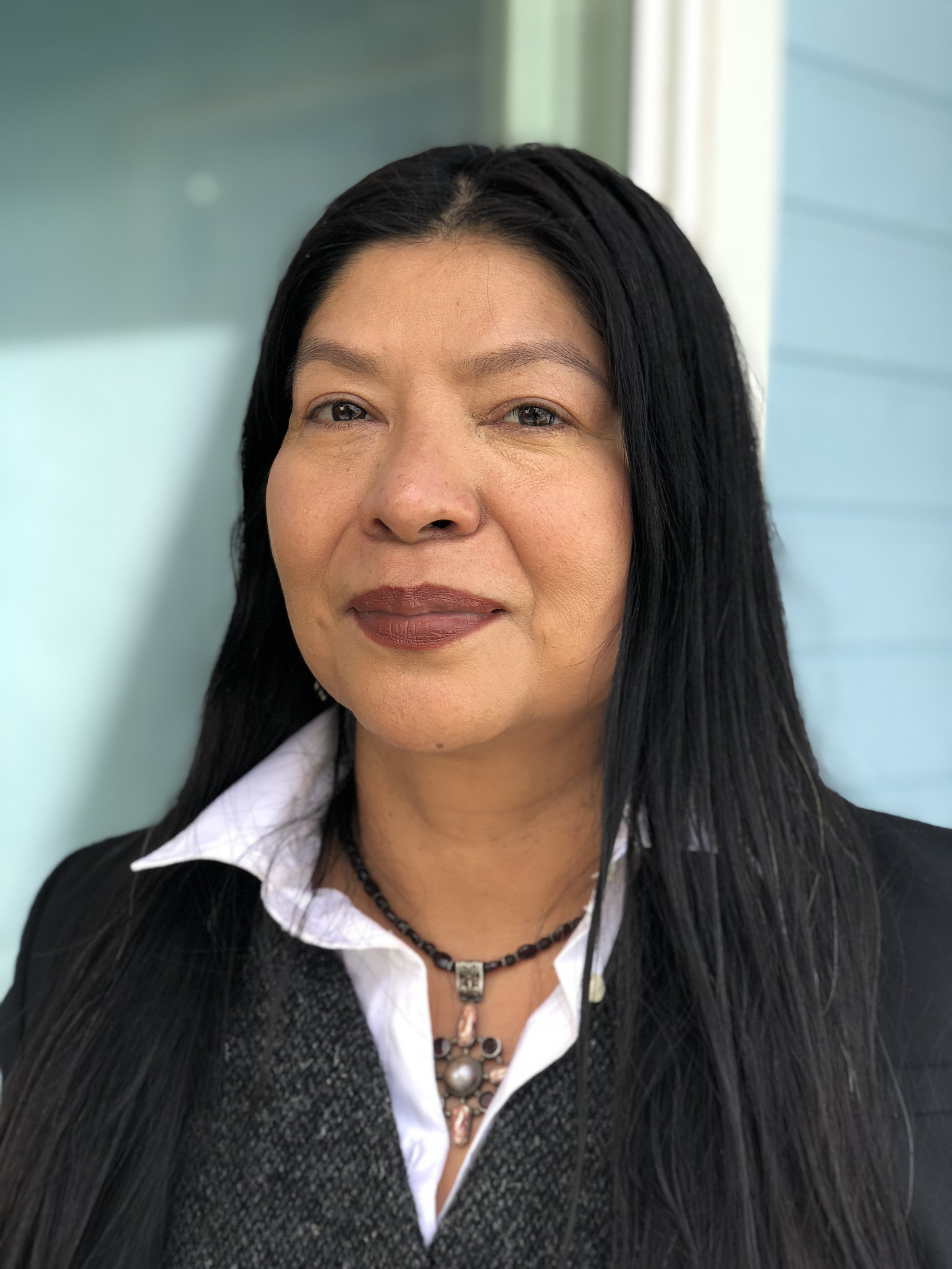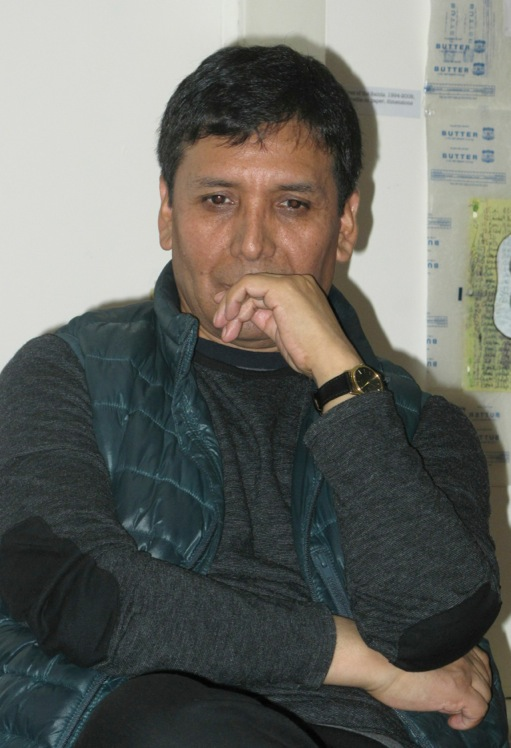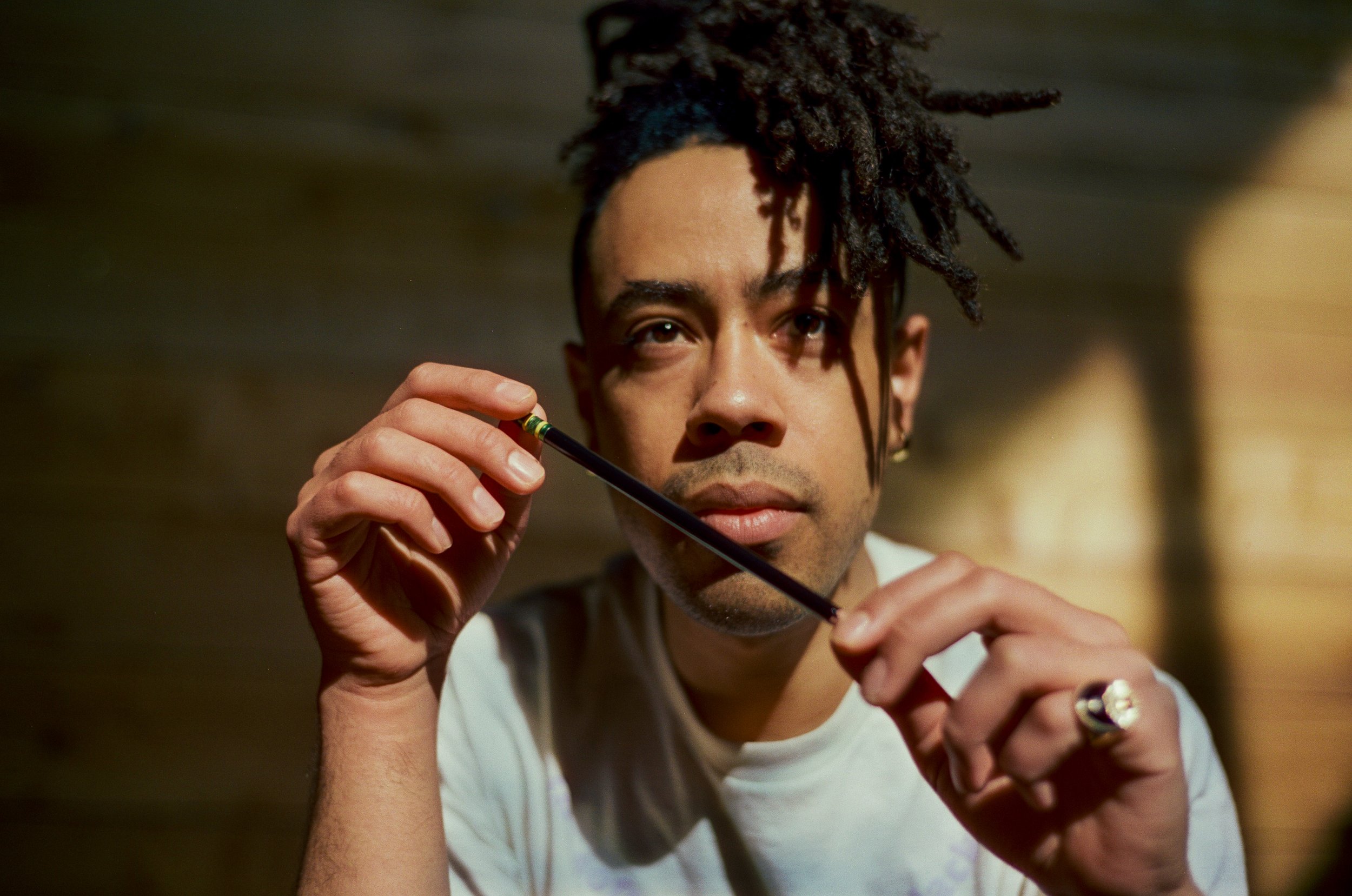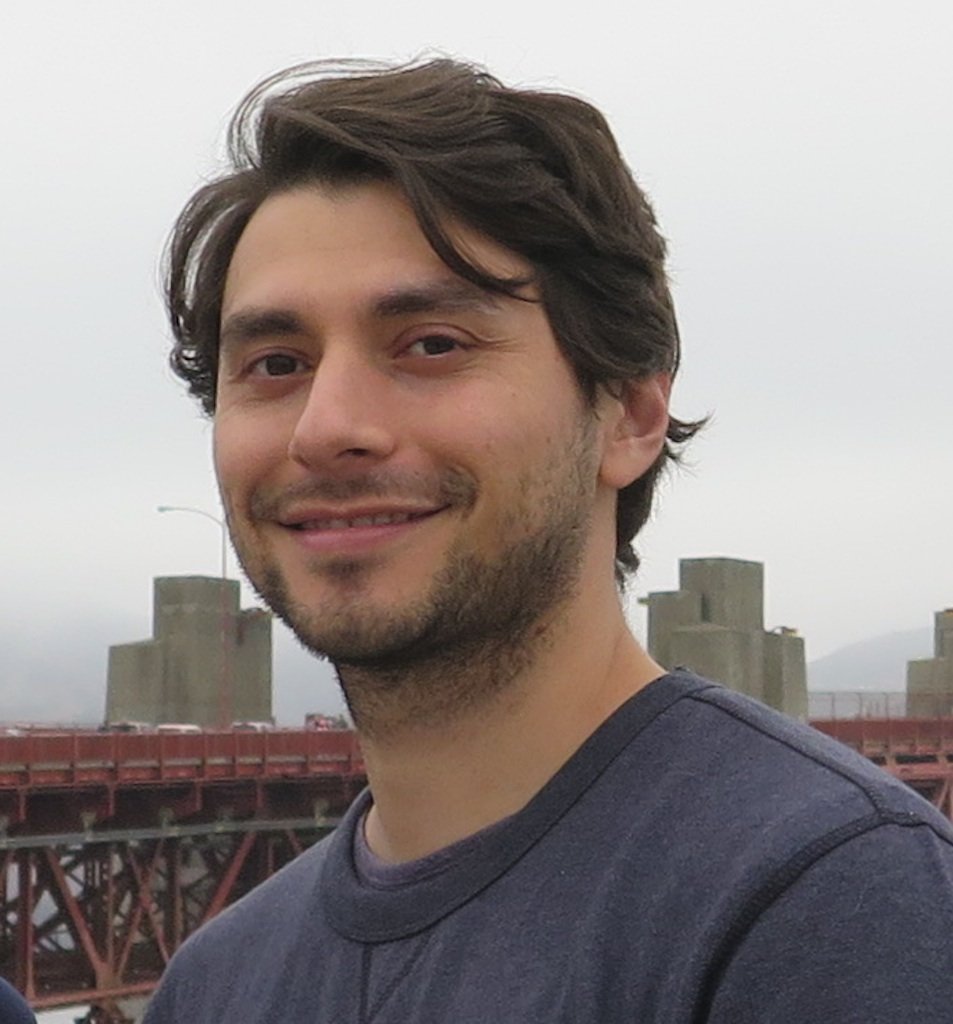The third annual forum on Critical Latinx Indigeneities features scholars whose research on Indigenous Latinx cultural politics pushes the boundaries of Latinx, Latin American, Indigenous, and Black studies to provide innovative analyses of race, gender, capital, and power in the contemporary moment. Their research points to the different ways that this field is challenging settler colonial logics of Native erasure, antiblackness, and migrant precarity while advancing transnational conceptualizations of solidarity, decolonization, and Indigenous continuance.
Panelists include Gloria Chacon, Odi Gonzales Jimenez, and Alan Pelaez. This event will be moderated by NYU Assistant Professor of English, Simón Trujillo.
If you have any accessibility needs for this event, please email us at latinxproject@nyu.edu.
Participants
Gloria Elizabeth Chacón is Associate Professor in the Literature Department at The University of California, San Diego. She is the author of Indigenous Cosmolectics: Kab’awil and the Making of Maya and Zapotec Literatures (University of North Carolina Press, 2018). She is co-editor of a special issue on Indigenous literatures for Diálogo (DePaul University, Spring 2016), Indigenous Interfaces: Spaces, Technology, and Social Networks in Mexico and Central America (University of Arizona Press, 2019), Teaching Central American Literature in a Global Context (MLA 2022). Her scholarly articles have appeared in international and national anthologies and journals such as The Routledge History of Latin American Culture; The Routledge Companion to Transnational American Studies, Latino Studies; Cuadernos de Literatura; and Revista Canadiense de Estudios Hispánicos, Textual Cultures, and Cultural Dynamics. She is currently working on two projects focused on Indigenous literatures and Intellectual Property and one on Indigeneity and Diasporas.
Odi Gonzalez Jimenez is a Peruvian writer, translator, and professor of Spanish and Quechua at New York University. He published in Spanish the poetry books Juego de niños (1988), Valle sagrado (1993), Almas en pena (1998) and La escuela de Cusco (2005). In 1992 Gonzales obtained the César Vallejo National Poetry Prize and the Poetry Prize by National University of San Marcos in Lima. In 2002, he published Tunupa. El libro de las sirenas, a book with poems in Quechua. In 2000 Gonzales published a Spanish translation of the Quechua poetry book Taki parwa by Andrés Alencastre Gutiérrez. In 2019 he was an invited speaker at the literary Hay Festival in Arequipa. In 2014 some of his poems were translated into English by Lynn Levin, writer and instructor at the University of Pennsylvania.
Alan Pelaez Lopez is an interdisciplinary writer, visual artist, and theorist from Oaxaca, México. In their poetic and visual work, Alan attends to questions of Black futures, trans* kinship, and Indigenous (un)belonging. They are the author of Intergalactic Travels: poems from a fugitive alien (The Operating System, 2020), a finalist for the International Latino Book Award, and to love and mourn in the age of displacement (Nomadic Press, 2020). Their writing is published in Teen Vogue, Refinery29, Best American Experimental Writing, the Georgia Review, and others. When they are not writing, Alan spends much of their time organizing with queer and trans* migrants impacted by prisons and immigrant detention, sending out letters to loved ones, and making phone calls to Oaxaca. Alan is an assistant professor of queer and trans* ethnic studies at San Francisco State University.
Simon Ventura Trujillo is an Assistant Professor of Latinx Studies in the English Department at New York University. His book, Land Uprising: Native Story Power and the Insurgent Horizons of Latinx Indigeneity (University of Arizona Press, 2020), explores Indigenous land reclamation to rethink connections between Native storytelling practices and Latinx racialization across overlapping colonial and nation-state forms. Professor Trujillo teaches courses on Latinx Studies, American ethnic literatures, 20th century literature and culture, intersectional theories of race, indigeneity, and decolonial social movements. His pedagogy engages the practices of textual analysis, writing, and collaborative research to study how the social construction of identity—including race, gender, sex, class, and nationality— occur as a function of language. His students explore how work on language generates alternative identities, histories, and spatial imaginaries that resist historic forms of oppression and inequality.





